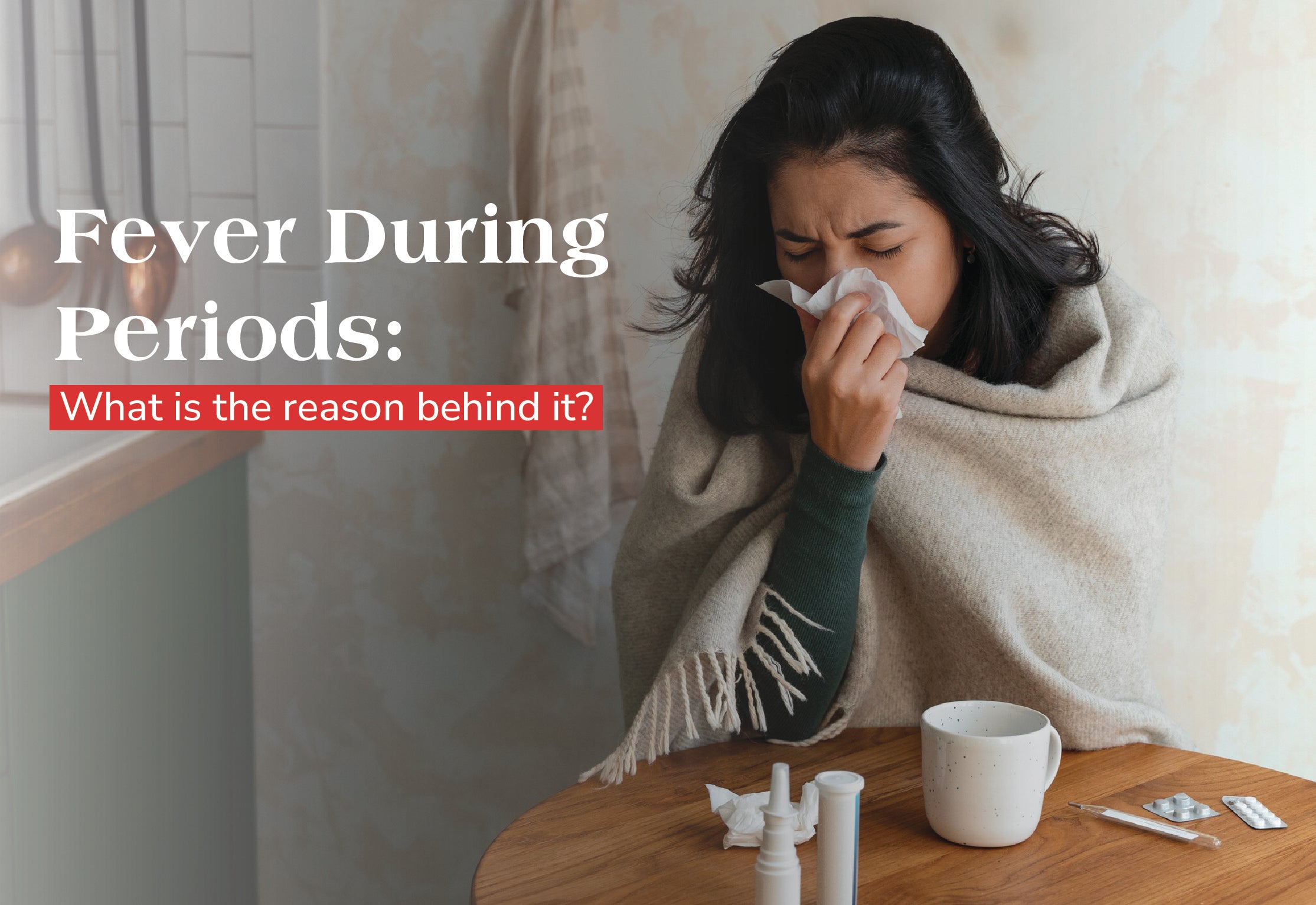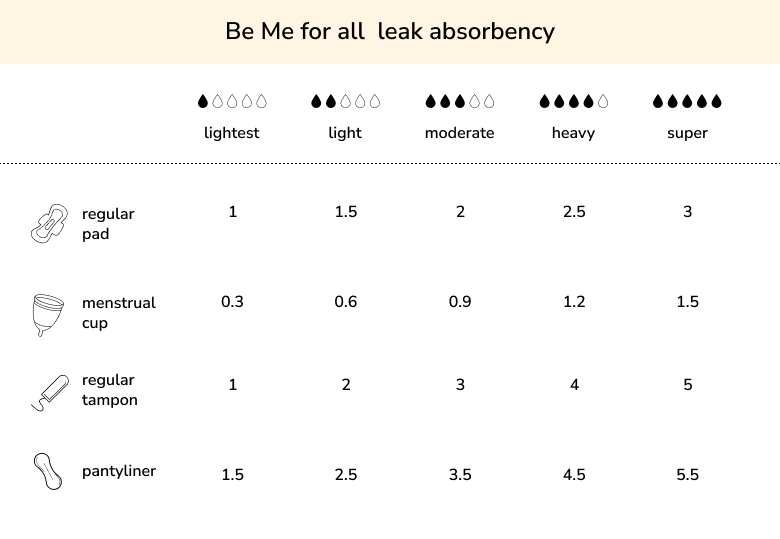
Fever During Periods: What is the reason behind it?
Published At
Fever During Periods: What is the reason behind it?
Periods can be tough to deal with—cramps, mood swings, cravings, and sometimes, even a fever. Yes, you read that right. Fever during your period is a real thing. While not everyone experiences it, for those who do, it’s just another layer of discomfort during an already challenging time.
In this blog, we’ll break down everything you need to know about period fevers. Why do they happen? How can you manage the discomfort? And most importantly, when should you seek medical advice? So, get comfortable, pour yourself a calming cup of tea, and let’s dive into understanding period fevers and how to handle them better!
Understanding the 'Why' Behind Period Fever

First things first, let's break down why some people experience a fever during their periods. It all comes down to those tiny but powerful hormones like chemicals called prostaglandins. These chemicals are responsible for the uterine contractions that help shed the uterine lining during menstruation. While they're essential for the process, they can also cause inflammation and an increase in body temperature.
Take it this way: During your period, your body works hard to manage the hormonal and physical changes happening inside. This effort can sometimes lead to a slight increase in body temperature, often referred to as a period fever. It’s a natural response caused by the release of prostaglandins and other chemicals, which can trigger inflammation and mild heat generation.
Tips for Easing Period Fever Discomfort
Alright, so you've got a fever during your period. Now what? Don't worry; we've got you covered! Here are some tried and true tips to help you cool down and ease the discomfort:

Hydration is Key: Keep those fluids coming! Water, herbal teas, and electrolyte drinks are your best friends during this time. Dehydration can worsen fever symptoms, so make sure you're sipping on something throughout the day.
Over-the-Counter Relief: Pain relievers like ibuprofen or acetaminophen can help lower your temperature and reduce those pesky cramps. Always follow the recommended dosage, and if you have any concerns, chat with your doctor.
Cool Compress: A cool compress on your forehead or the back of your neck can work wonders in bringing down your temperature. It's a simple but effective way to find some relief.
Rest Up: Your body's working overtime, so give it the rest it deserves. Curl up with a good book, binge-watch your favorite show, or take a nap. Rest is essential for recovery.
Light Clothing: Ditch those heavy layers and opt for loose, comfortable clothing made from breathable fabrics. This will help your body regulate its temperature and prevent overheating.
When to Seek Medical Help for Period Fever

Most of the time, a fever during your period is nothing to worry about and will subside with rest and home care. However, there are times when it's important to reach out to a healthcare professional. If you experience any of the following, don't hesitate to get in touch with your doctor:
High Fever
If your temperature reaches 102°F (38.9°C) or higher, it's time to seek medical advice.
Persistent Fever
A fever that lasts longer than three days or keeps coming back needs to be checked out.
Severe Symptom
If your fever is accompanied by severe pain, heavy bleeding, or other unusual symptoms, it's essential to consult a doctor.
Your Period Fever FAQs Answered
We know you might have some questions about fever during periods, so let's tackle a few common ones:
Is it normal to have a fever during my period?
While not everyone experiences it, a mild fever during menstruation can be normal for some people.
Can I still go about my day with a period fever?
Listen to your body. If your fever is mild and you feel up to it, you can continue with your day. However, if you feel unwell, prioritize rest.
How can I prevent getting a fever during my period?
While you can't always prevent it, maintaining a healthy lifestyle with regular exercise, a balanced diet, and stress management can help regulate your cycle and reduce the severity of period symptoms.
You've Got This!
We know that dealing with a fever on top of your usual period symptoms can be frustrating, but remember, you've got this! By understanding why period fevers happen and taking steps to manage the discomfort, you can navigate this monthly challenge with confidence.
Until next time, stay cozy, stay hydrated, and take care!
Disclaimer:The information provided in this blog is for general informational purposes only and is not intended as medical advice. Always consult a healthcare professional or your doctor for personalized advice and treatment related to your health conditions, including fever during periods.









